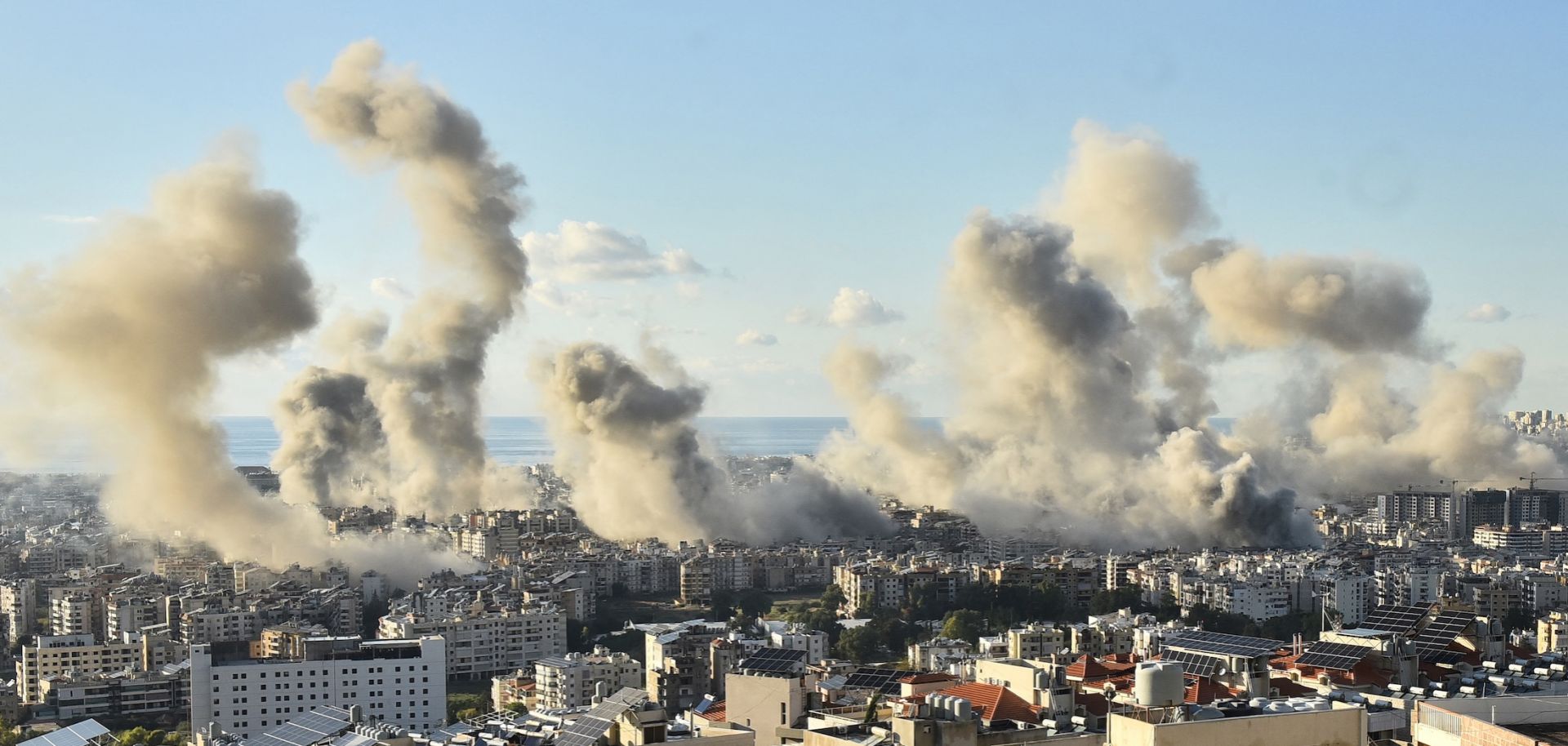On the second day of a ceasefire brokered to end over a year of hostilities between Israel and Hezbollah, Israel reported artillery fire and airstrikes targeting southern Lebanon. According to the Israeli army, the strikes were directed at individuals engaged in activity at a Hezbollah weapons facility, which it deemed a breach of the ceasefire terms.
Lebanon instantly responded with allegations that Israel was in blatant violation of the accord on several counts, and it said it was intently watching developments. Tensions notwithstanding, the ceasefire continues to hold in place, which is largely giving respite to communities from either side of the divide.
Life Along the Border: Hopeful Optimism
Israeli military activity along the northern border is significantly reduced, with less traffic on its roads; soldiers are found going about their routine there. In fact, according to an Israeli captain, who just returned from Lebanon, they were ambivalent about the ceasefire. “We’re glad we got out of the fight,” he said, “but it’s obvious Hezbollah was still a threat. If the job wasn’t finished, we might return here soon.”
The ceasefire has also prompted divided opinion in Israel. Netanyahu has, however, assured Israeli citizens that “there will be an intensive war” against Hezbollah if it breaks the deal. On the other hand, Hatzor Haglilit Mayor Michael Kabesa does not believe in the agreement saying that it is a “surrender agreement.” According to him, to leave at 70 percent completion will give Hezbollah a chance to rebuild and will once again create chaos.
Debate Over the Ceasefire’s Impact
The greater concern now is preparing to receive the returning residents from southern Lebanon, evacuated since the start of the war. Kabesa said a good military presence along the borders will boost people’s morale and regain confidence. In two months, the Lebanese army will assume command of southern Lebanon, although under UNIFIL supervision alongside American and French monitoring teams. Kabesa, though, questioned whether international troops would be effective in safeguarding peace.
Resilience in Northern Communities
Only some people left during the conflict. Chris Coyle, who was among the last four residents in his apartment complex in Kiryat Shmona, withstood rocket attacks for months, hiding in his kitchen floor and using his refrigerator door as protection. “We need a ceasefire,” Coyle said. “If it holds for a month, the town can begin to rebuild and come back to life.”
Despite the destruction, hope remains. Many displaced residents have indicated a desire to return if the ceasefire holds. Soldiers leaving Lebanon also remain hopeful that political leaders will make wise decisions, balancing restraint with the need to safeguard national security.(More)
Conclusion:
While the ceasefire gives the region a much-needed respite from hostilities, questions abound about its sustainability. For many in Israel’s northern communities, the question remains whether this is a genuine step toward long-term peace or merely a temporary halt before renewed conflict. As both sides adjust to the new status quo, the coming weeks will reveal if this ceasefire can hold and foster stability in the region.















